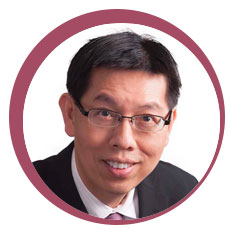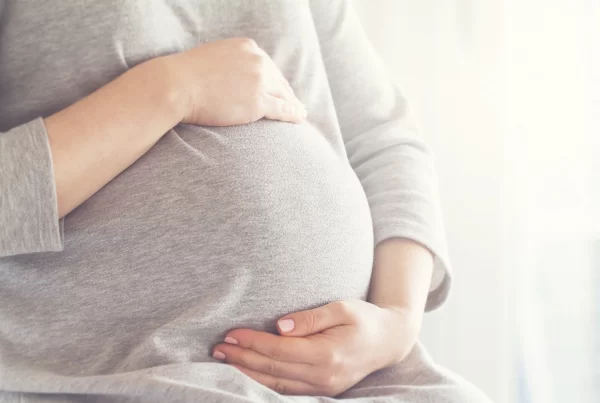After you have given birth, the confinement period is an opportunity for your body to rest and recuperate. You might have heard of a lot of confinement practices which can be rigorous and tend to limit your diet and movement. Our gynae, Dr James Lee, explains which of these practices are just myths and which practices can be followed.
Mummies who have given birth, this is for you!

Practice 1: You have to avoid all cold things during confinement.
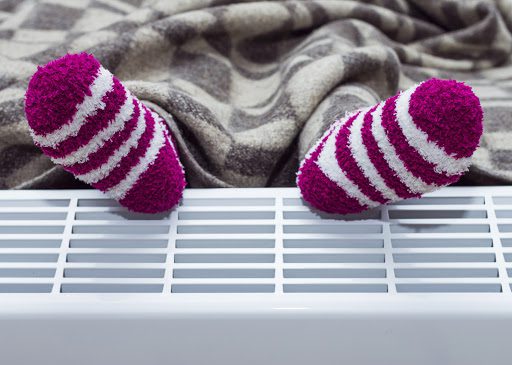 During confinement, you should avoid drinking cold water, consuming “cooling” food, and having wind blown directly at your body or head. If the wind from the fan is directed at your head, it could cause headaches in the future.
During confinement, you should avoid drinking cold water, consuming “cooling” food, and having wind blown directly at your body or head. If the wind from the fan is directed at your head, it could cause headaches in the future.
What Dr James Lee Says:
After pregnancy, your immune system tends to be weaker than usual. If you are constantly subjected to cold air directly from a fan or an air-con, you are more likely to fall sick. Therefore, it is indeed true that mummies should not be subjected to a cold environment for long periods of time during confinement. Furthermore, after you have given birth, preserving the heat in your body is seen as a priority. Not only would you be encouraged to avoid cold environments, but you would also be encouraged to avoid drinking cold water!
However, it’s still highly important to maintain hygiene during confinement. Mummies can still shower during confinement as long as they use warm water and shower in an enclosed space within a short time.
Practice 2: You should eat lots of “heaty” food during confinement.
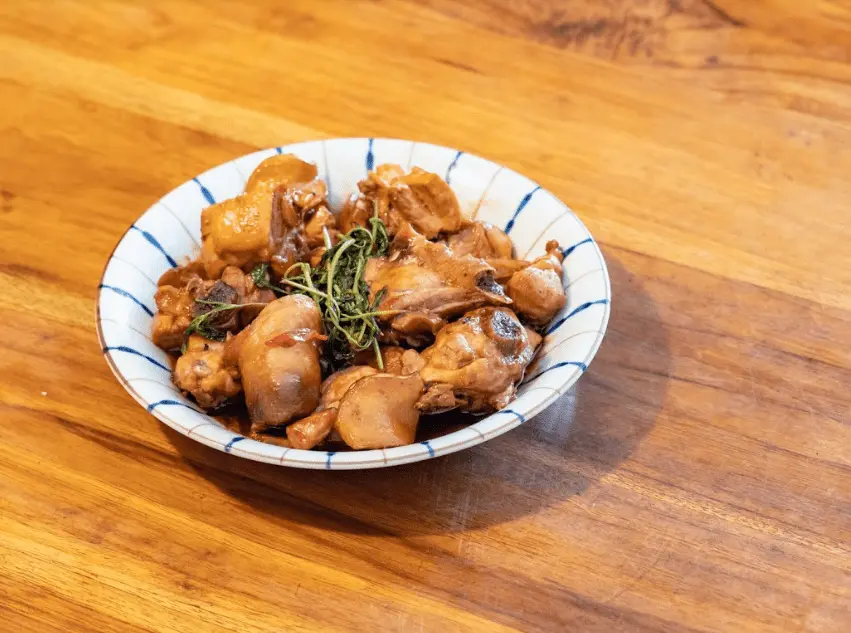
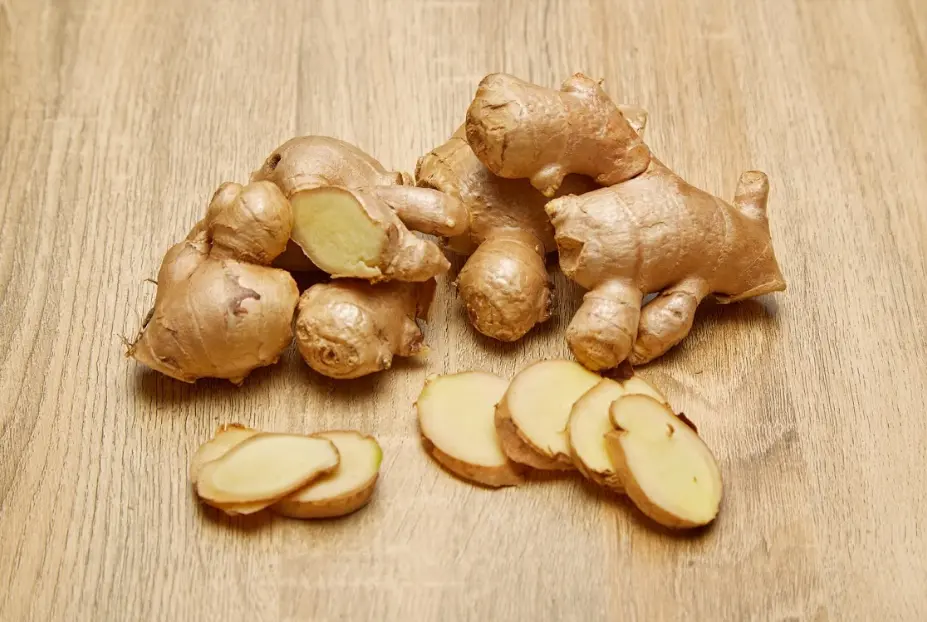
During confinement, mummies are recommended to consume “heaty” food such as old ginger, chicken cooked with Chinese wine, and innards just to name a few examples. It is generally recommended that these foods are cooked with liberal amounts of sesame oil.
What Dr James Lee Says:
It was a common belief in the olden days that after giving birth, your body becomes cold. This is because your body loses a lot of blood and other fluids when you give birth. In addition, you are also extremely physically exhausted. Hence, it is important to maintain your body’s fluid balance.
This does not mean every single fluid you consume has to be heat-conserving. In fact, overheating your body could potentially increase your chances of falling sick, according to some studies. The important take-away is to understand your body’s constitution and eat what is appropriate based on that. A standard “heaty” diet may not be suitable for everyone.
Practice 3: Avoid physical exertion and heavy loads during confinement.
During confinement, mummies shouldn’t carry heavy loads, or pick things up from the floor. These can cause the womb to droop in the future.
What Dr James Lee Says:
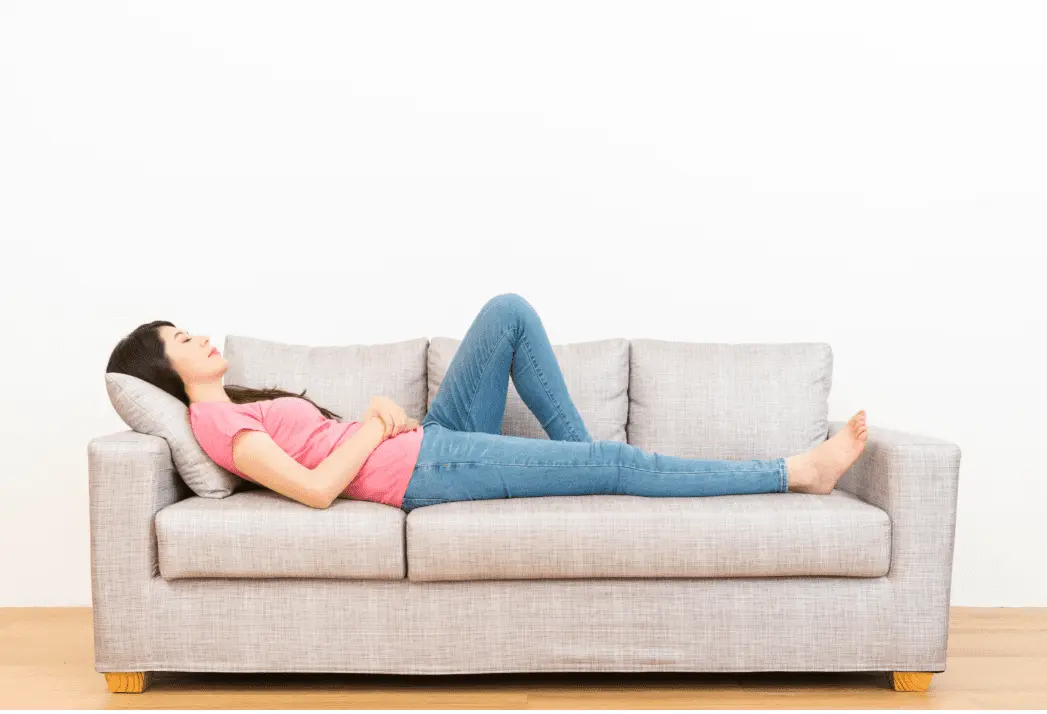 Over the last 9-10 months, as your baby grows, your womb would grow as well. It would become significantly larger compared to its usual size. To accommodate this, the pelvic floor muscles would stretch out in order to manage the increased weight of the womb.
Over the last 9-10 months, as your baby grows, your womb would grow as well. It would become significantly larger compared to its usual size. To accommodate this, the pelvic floor muscles would stretch out in order to manage the increased weight of the womb.
With delivery, the muscles will be stretched and they will not recover immediately. It takes about 4-6 weeks before the muscles return to a near-normal state. During the weeks after giving birth, mummies are strongly advised to not do anything strenuous. Engaging in activities like carrying a heavy load may negatively impact the recovery of the pelvic floor. This may result in a prolapse in the years ahead.
Is There Truth to Confinement Practices?
Based on Dr Lee’s answers, it certainly seems that confinement practices are more than just old wives’ tales. There is indeed some truth to them. If in doubt, mummies can always check with your gynaes during your post-delivery check-up at the clinic!
Dr Lee’s Place of Practice
38 Irrawaddy Road #05-21/22
Mount Elizabeth Novena Specialist Centre
Singapore 329563
Tel: +65 6258 5530
